Introduction to CNC Rolling Machines: Features and Applications
CNC (Computer Numerical Control) rolling machines have revolutionized the field of metal forming and fabrication. These sophisticated machines combine precision control and automation to streamline the process of rolling various types of materials into desired shapes. In this article, we will provide an in-depth introduction to rolling machines, exploring their key features and wide-ranging applications in industrial manufacturing.
Features of CNC Rolling Machines
Computerized Control: CNC rolling machines are equipped with advanced computer control systems that enable precise and automated operation. The use of numerical instructions allows for accurate positioning, speed control, and synchronization of the rolling process.
Programmability: CNC rolling machines offer programmability, meaning that operators can input specific rolling parameters, such as dimensions, angles, and rolling forces, into the system. This flexibility allows for the production of a wide range of components with varying specifications.
High Precision: CNC rolling machines excel in achieving high precision and repeatability in the rolling process. The computer-controlled operation eliminates human error and ensures consistent results, making them ideal for applications that require tight tolerances and quality control.
Versatility: These machines can handle a diverse range of materials, including metals such as steel, aluminum, copper, and alloys. They can also accommodate different thicknesses and widths, making them adaptable to various manufacturing requirements.
Automated Material Feeding: CNC rolling machines often incorporate automated material feeding systems. This feature enables efficient and continuous production by automatically feeding the material into the rolling process, minimizing downtime and increasing productivity.
Customization Options: CNC rolling machine offer customization options to suit specific applications. Additional features such as auxiliary tooling, multi-axis rolling capabilities, and programmable rolling sequences can be incorporated to meet unique manufacturing needs.
Applications of CNC Rolling Machines
Sheet Metal Forming: CNC rolling machines are extensively used in the fabrication of sheet metal components. They can roll sheets into cylinders, cones, and other complex shapes with precision, making them vital in industries such as automotive, aerospace, and construction.
Additional reading:
Revolutionizing Energy Storage: Pouch Lithium Batteries Reimagined?
Revolutionizing Metal Finishing: Acid Zinc Plating Machine – A Game Changer?
Top Trends in Auto Carton Sealing Machines
SMT AGV Equipment: Revolutionizing Manufacturing Processes
Power and Performance: Exploring the Functions and Benefits of Diesel Forklifts
What Is a Butterfly Valve Vs a Globe Valve?
Exploring the Advantages of GFS Tanks with FRP Roof in Industrial StoragePipe and Tube Manufacturing: These machines play a crucial role in the production of pipes and tubes. CNC rolling machines can form seamless or welded tubes by rolling flat sheets or strips into cylindrical shapes. The precise control ensures consistent wall thickness and diameter accuracy.
Architectural and Structural Steel Rolling: CNC rolling machines are utilized in architectural and structural steel fabrication. They can shape steel sections, beams, and channels into curved or cylindrical profiles needed for bridges, stadiums, and other large-scale structures.
Manufacturing of Pressure Vessels: Pressure vessels, such as tanks and boilers, often require cylindrical or spherical shapes. CNC rolling machines are employed in their manufacturing process, ensuring accurate and reliable results.
Metal Art and Sculpture: CNC rolling machines have found applications in artistic metalwork. Artists and sculptors use these machines to create intricate and precisely shaped metal components for sculptures, decorative pieces, and architectural elements.
Custom Roll Forming: CNC rolling machines can be used for custom roll forming, where specific profiles and shapes are rolled into metal strips or sheets. This process finds application in industries such as automotive, appliance manufacturing, and building construction.
Conclusion
CNC rolling machines have emerged as indispensable tools in modern metal forming and fabrication. Their advanced features, including computerized control, high precision, and programmability, have greatly enhanced productivity, efficiency, and quality in the manufacturing industry. From sheet metal forming to pipe manufacturing and architectural steel rolling, CNC rolling machines find widespread use across various sectors. As technology continues to advance, these machines are likely to evolve further, enabling even more intricate and complex rolling operations.
More about CNC machines, please contact LECN
Additional reading:Unlocking Efficiency and Precision with Handheld Fiber Laser Welding Machines
Electric Wheel Loader Applications
The Laser Cutter Revolution: Transforming Design and Manufacturing
Components of a Lithium Battery Module Assembly Line
The Advancements in PV Solar Panel Production Line: A Comprehensive Overview
Applications of Ribbon Mixers
The Development Direction of Heat Treatment
Related Articles
If you are interested in sending in a Guest Blogger Submission,welcome to write for us!




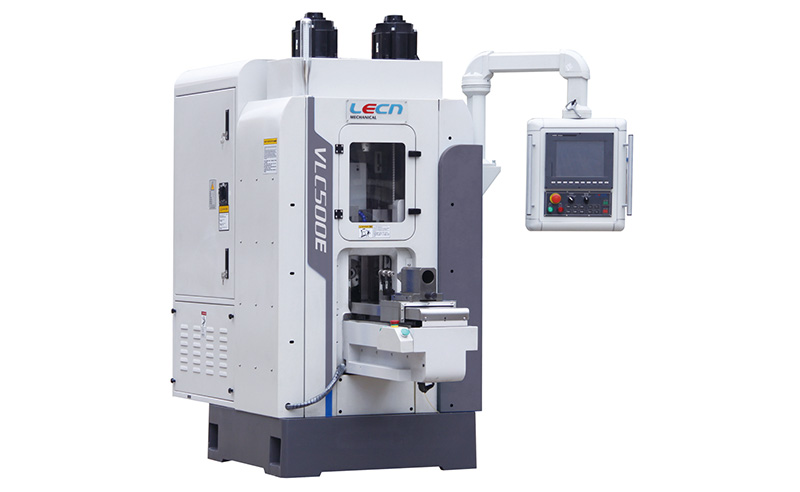
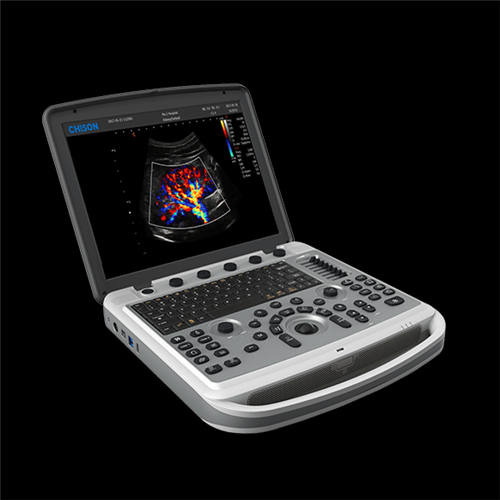

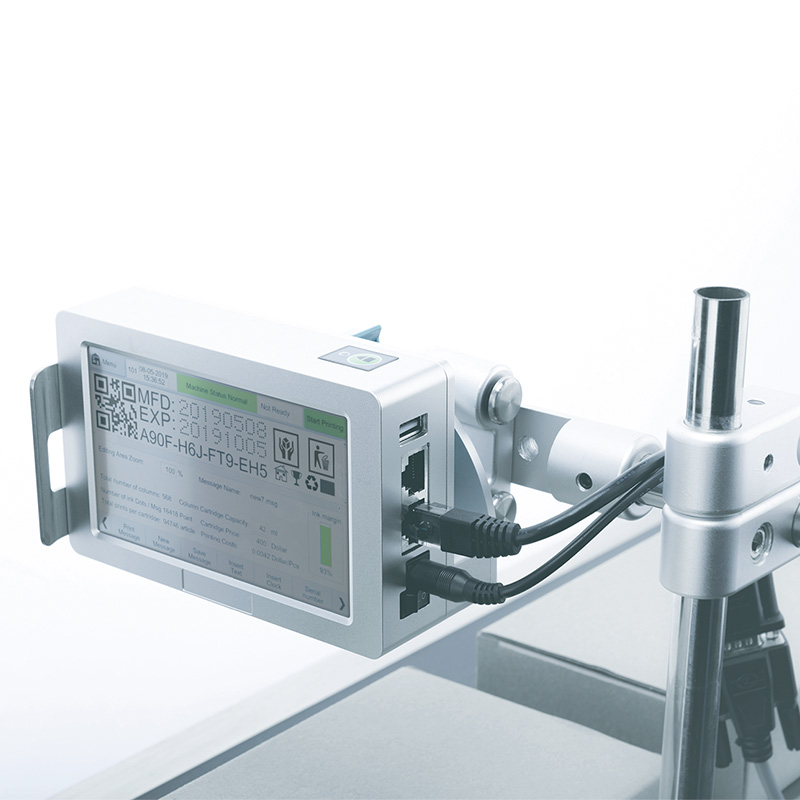
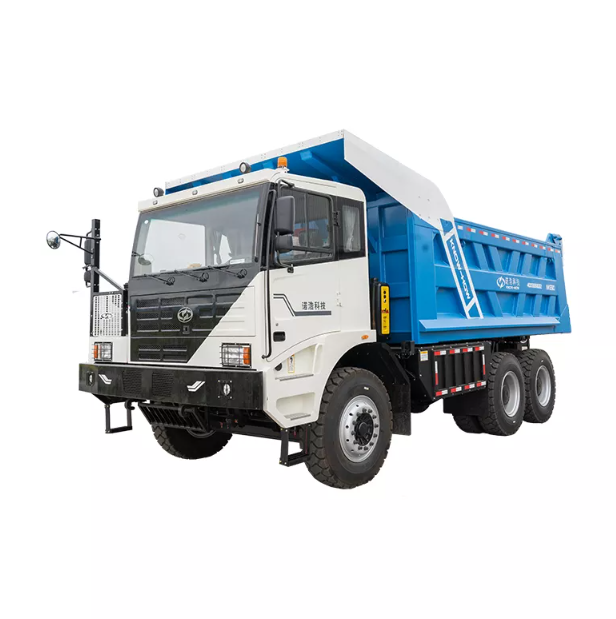
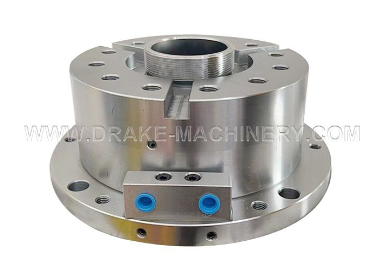
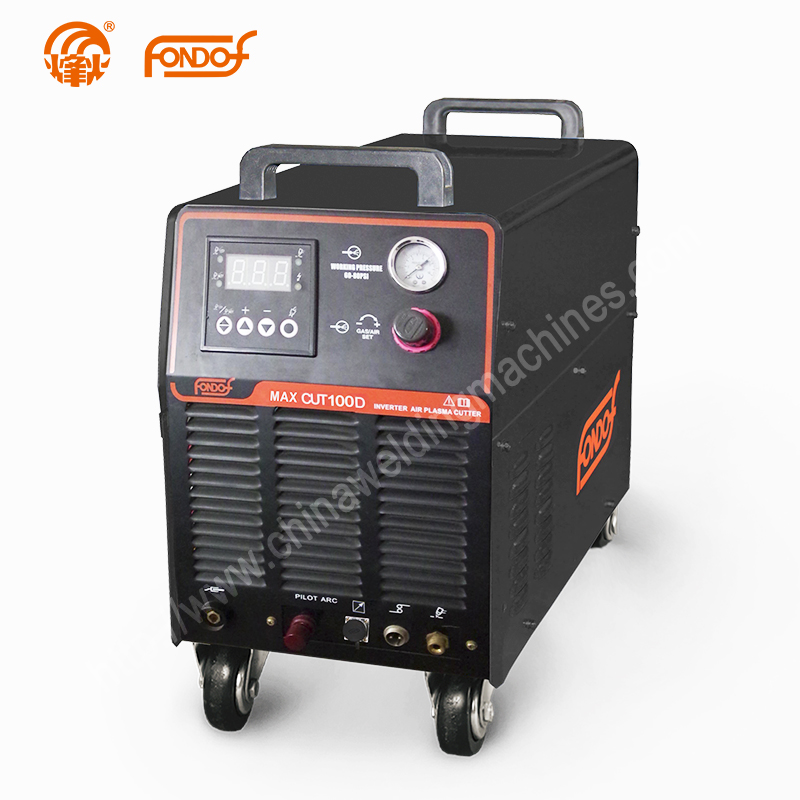

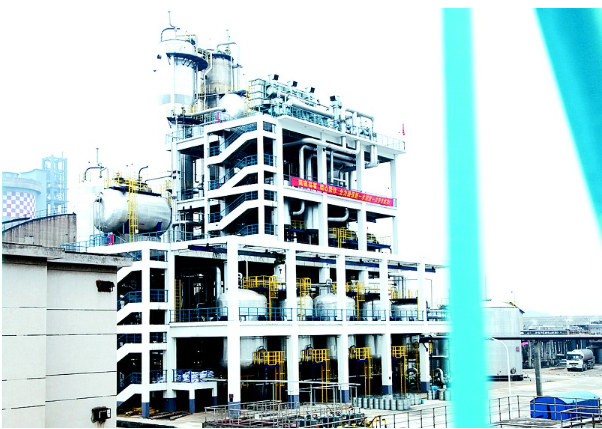
Comments
0